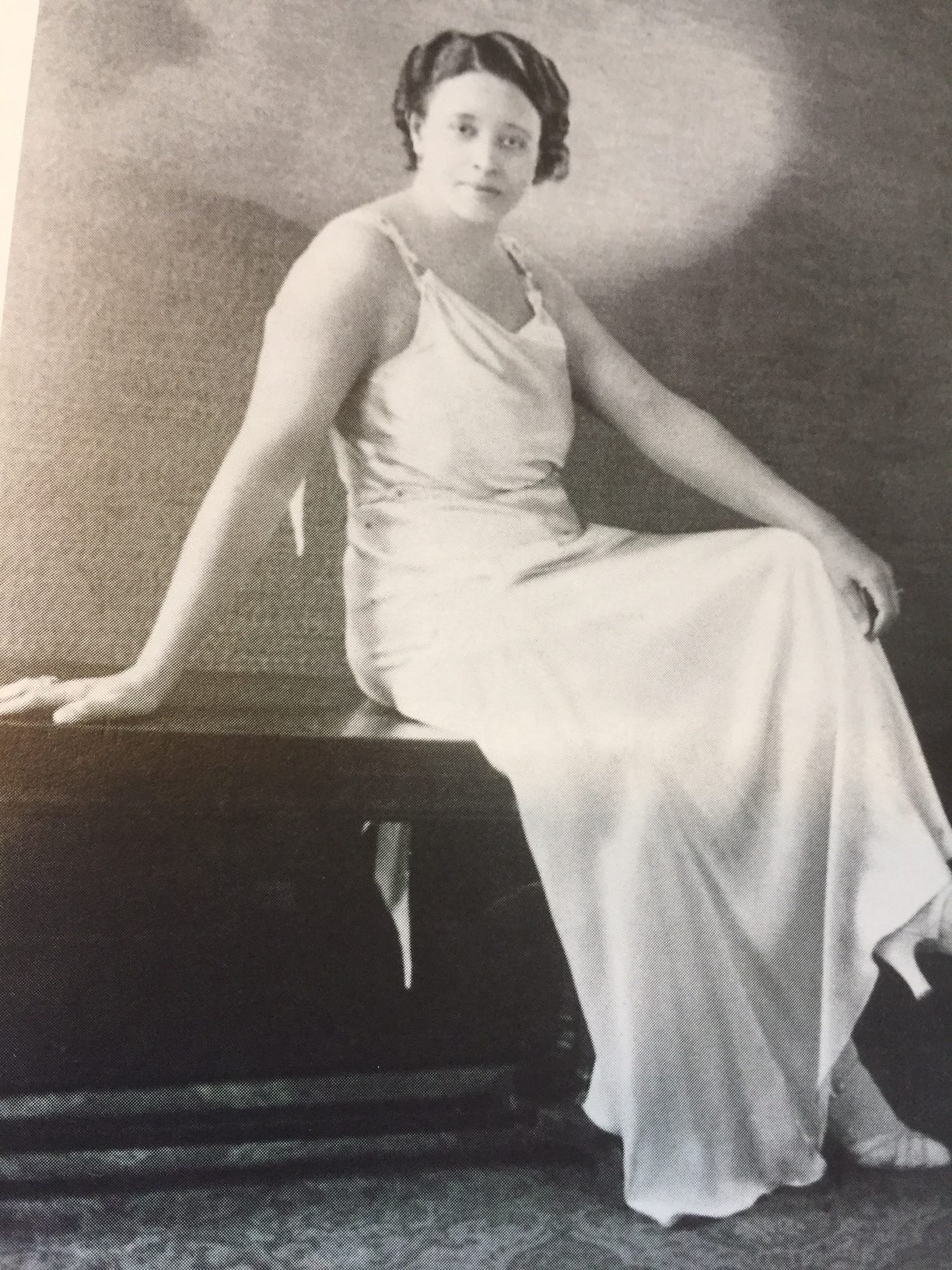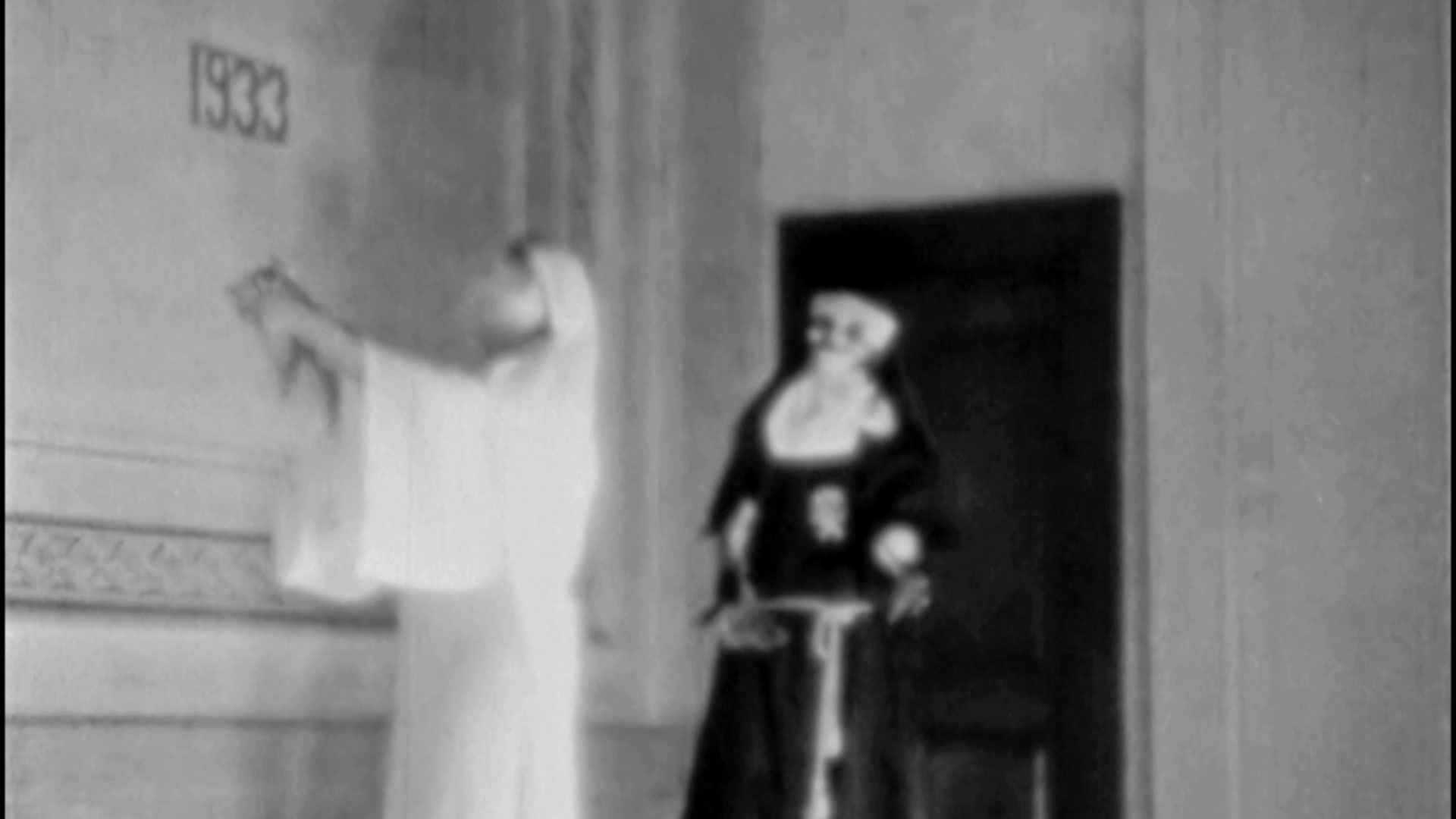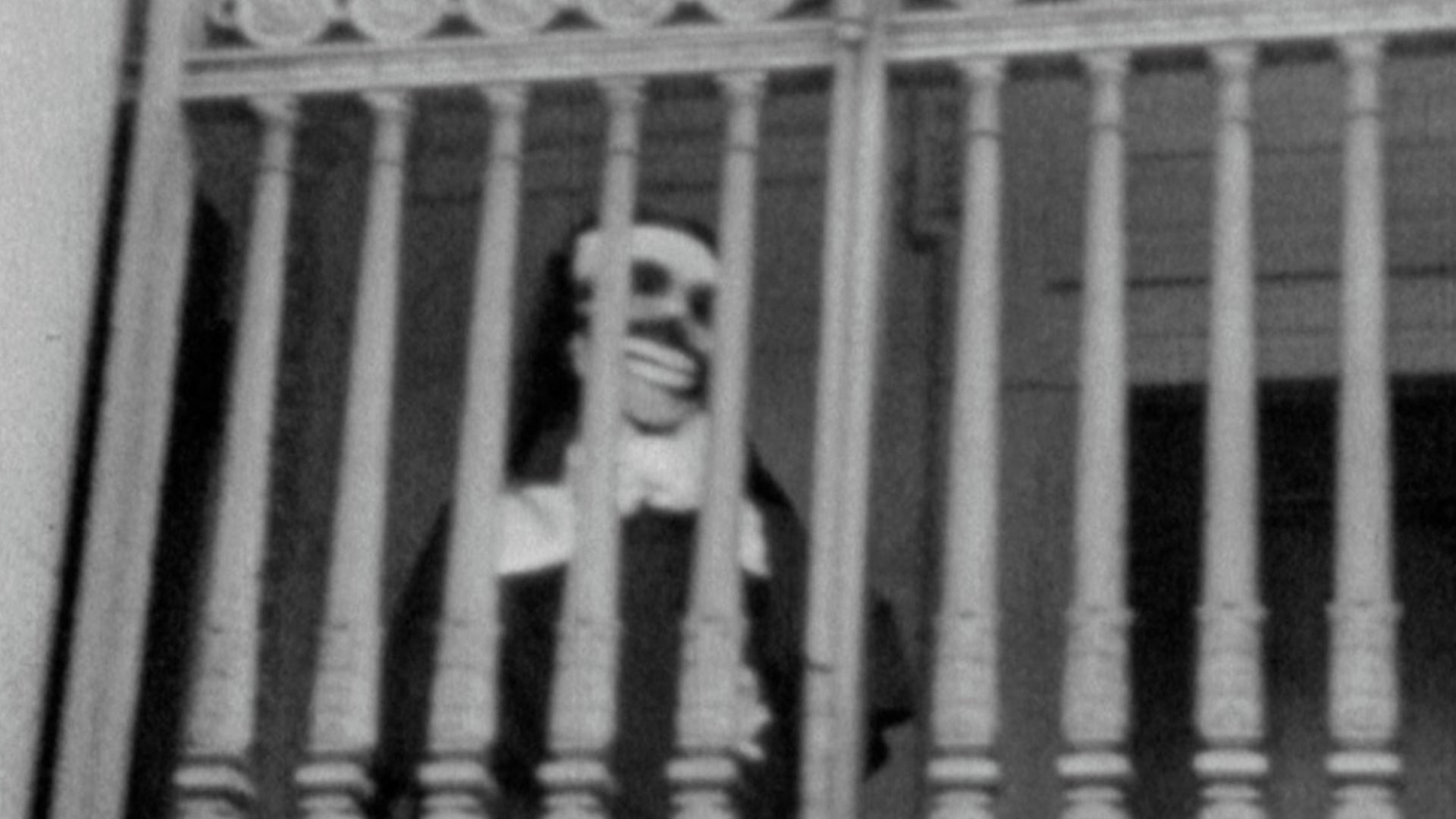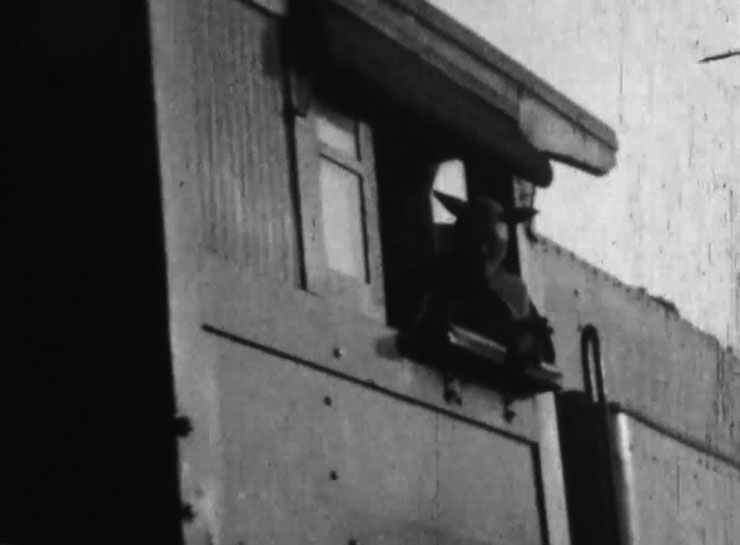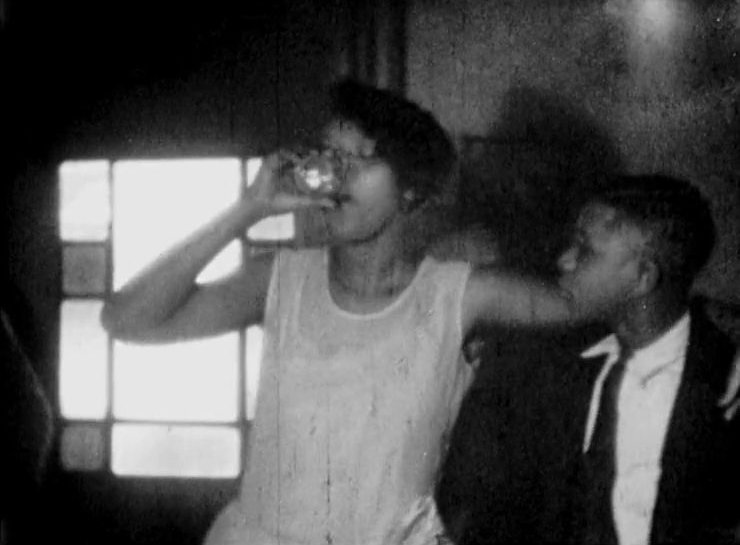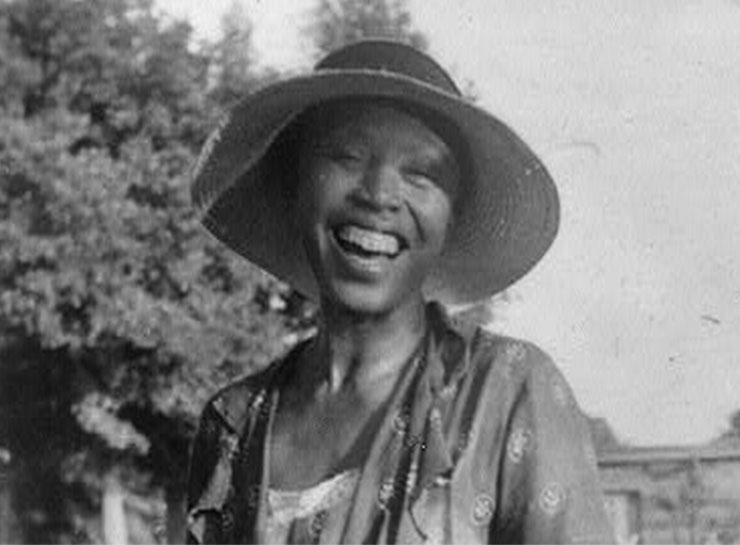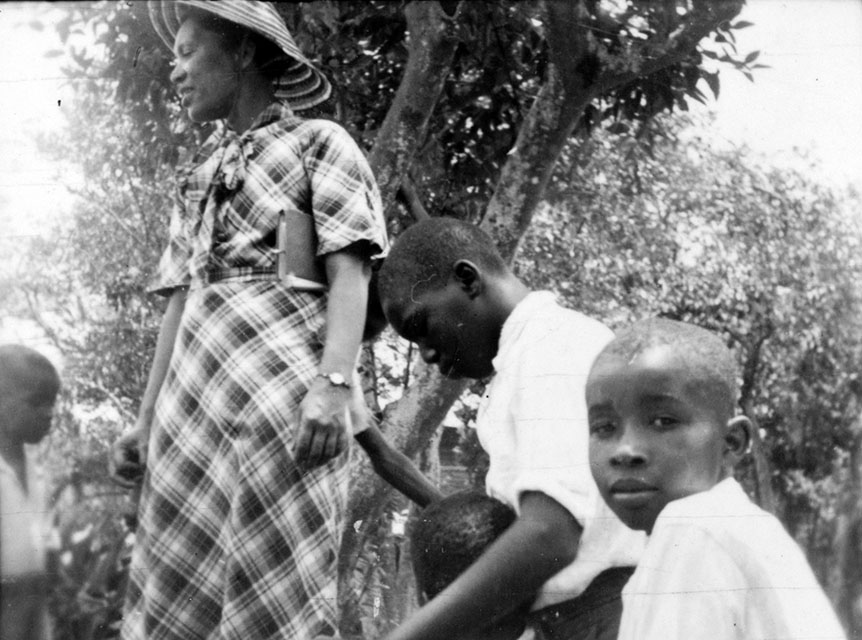Early Black Women Filmmakers: Eloyce Gist and Zora Neale Hurston
by Christina N. Baker
Eloyce Patrick King Gist was a screenwriter, author, and director. Together with her husband James Gist, she produced a handful of unpolished but nonetheless powerful films that the pair exhibited largely at churches and to congregations throughout the country. Those films—Hellbound Train (1930), Verdict Not Guilty (1933) and Heaven-Bound Travelers (1935)—were simple morality tales that cautioned against sinful behavior and warned of divine judgment. Their intention was to advance Christian values by underscoring the need for spiritual and moral improvement, which is aligned with a politics of respectability that was believed by many to be a route to promoting racial uplift.
The recovery, restoration, and recognition of the films of Gist and Hurston offer new insights into their pioneering work as ‘Foremothers of Black Cinema.’
Verdict Not Guilty (1933)
Better known than Gist was author, playwright, and poet Zora Neale Hurston, who today is best remembered for her remarkable novels such as Their Eyes Were Watching God. Hurston was formally trained as an anthropologist. Eventually, she returned to her hometown of Eatonville, Florida, where she conducted research and filmed ethnographic footage that preserved the culture, music, and folklore of the people, much as she did in her own writing.
Together, Gist and Hurston provide an excellent example of the ingenuity and enterprise of early race filmmaking women.
Hellbound Train (1930)

